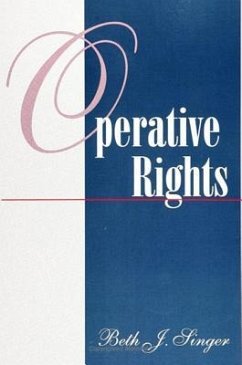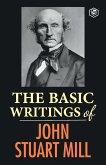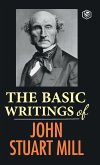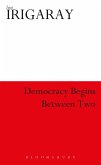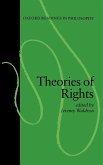This book was written because none of the more traditional theories accurately portray the way rights, including individual rights, actually function. It develops a theory of rights that challenges the individualism of the human rights tradition and ascribes rights to collectivities as well as to individuals. Drawing in part on the thought of George Herbert Mead, Singer develops an analysis of rights as social institutions. Integral to this analysis is a theory of community and a related theory of the self that utilize insights derived from both Mead and Justus Buchler. Singer shows, on the one hand, how communities (ranging from small groups to ethnic minorities to nations) as well as individuals can have rights; and, on the other, why nonhuman animals cannot. Contending that rights exist only where they are actually operative within and among communities, she identifies fundamental rights that ought to be operative in and for every community. In addition to discussing aspects of major contemporary rights theories, Singer deals with current issues such as that of fetal rights and, with a variety of examples, the problem of conflicts of rights, including conflicts between the rights of communities and those of their members.
Bitte wählen Sie Ihr Anliegen aus.
Rechnungen
Retourenschein anfordern
Bestellstatus
Storno

